detail profile shuntaro tanikawa
Peran Yang Di Mainkan Shuntaro Tanikawa
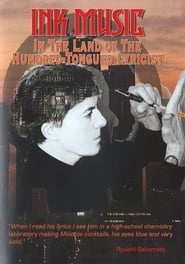 Everyone in Japan knows his work...
Everyone in Japan knows his work...Ink Music: In the Land of the Hundred-Tongued Lyricist 2009
Everyone in Japan knows his work, yet few recognize his face. Chris Mosdell, British expatriate, pop lyricist, poet and visual artist, during his 30-year residence in Tokyo has written chart-topping hits with some of Japan's most influential musicians and composers, penned lyrics to anime film scores, and run with the multimedia underground of that city's avant-garde. Ink Music: In The Land Of The Hundred-Tongued Lyricist is a 90-minute documentary film detailing those artistic relationships in the expansive career of artistic word-smith, Chris Mosdell. Shot in HD on-location in Tokyo and Fukui, Japan, and New York City, USA, the film highlights Mosdell's rise from obscure expatriate bohemian poet to renowned lyricist for Japan's biggest band ever, Yellow Magic Orchestra (YMO). The story is told through exclusive interviews. Tokyo itself also figures into the narrative as a major character, featuring copious clips of original footage from inside the city that inspires Mosdell's work.
 A documentary capturing the recording process...
A documentary capturing the recording process...Super Folk Song: Piano ga Aishita Onna 1992
A documentary capturing the recording process of singer Yano Akiko's 1992 cover album, Super Folk Song.
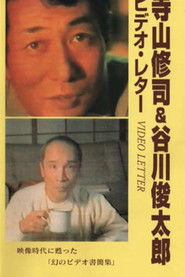 This remarkable compilation follows an exchange...
This remarkable compilation follows an exchange...Video Letter 1983
This remarkable compilation follows an exchange of video letters that took place between Shuji Terayama and Shuntaro Tanikawa in the months immediately preceding Terayama's death. It can be thought of as a home video produced by two preeminent poets and inter-laid with highly abstract philosophizing, slightly aberrant behavior and occasionally flamboyant visuals.
 In his darkened apartment the poet...
In his darkened apartment the poet...Video Portraits - Men: Shuntaro Tanikawa 1982
In his darkened apartment the poet, translator, and lyricist discusses his work and his "art of being alone". In the words of Tanikawa: "If there is love, there is nothing more to say...".
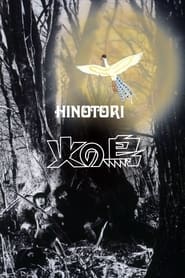 This extraordinarily complex film is not...
This extraordinarily complex film is not...The Phoenix 1978
This extraordinarily complex film is not only a send-up of every samurai film ever made, it is also an extrapolation of the value of life. The Yamatai, represented by Prince Susano-O and elderly advisor Sumuke, hire Yumihiko of Matsuro to hunt the phoenix so that Queen Himiko, sister of Susano-O can have eteranal life.
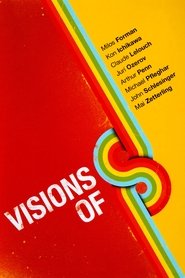 Eight acclaimed filmmakers bring their unique...
Eight acclaimed filmmakers bring their unique...Visions of Eight 1973
Eight acclaimed filmmakers bring their unique and differing perspectives to the 1972 Summer Olympic Games held in Munich. The segments include Lelouch's take on Olympic losers and their struggle to remain dignified even in the face of bitter disappointment and defeat; Zetterling's dramatic exploration of the world of weightlifting; and Pfleghar's piece on young Russian gymnast Ludmilla Tourischev's majestic performance on the uneven bars.
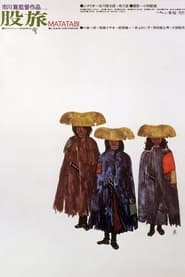 Follows the fluctuating fortunes of three...
Follows the fluctuating fortunes of three...The Wanderers 1973
Follows the fluctuating fortunes of three ronin in feudal Japan who wander from castle to castle, selling their services to whichever lord will fill their rice bowls. Though they use the servants' entrance, they still feel themselves bound by the samurai code of Bushido; and this tension leads to tragedy.
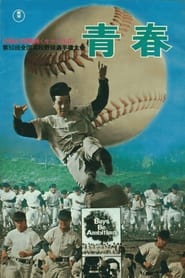 Tokyo Olympiad director Kon Ichikawa documents...
Tokyo Olympiad director Kon Ichikawa documents...Youth: The 50th National High School Baseball Tournament 1968
Tokyo Olympiad director Kon Ichikawa documents the 50th anniversary of the Koshien games.
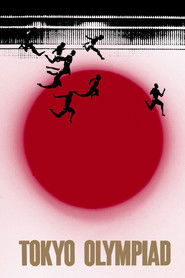 This impressionistic portrait of the 1964 Tokyo...
This impressionistic portrait of the 1964 Tokyo...Tokyo Olympiad 1965
This impressionistic portrait of the 1964 Tokyo Summer Olympics pays as much attention to the crowds and workers as it does to the actual competitive events. Highlights include an epic pole-vaulting match between West Germany and America, and the final marathon race through Tokyo's streets. Two athletes are highlighted: Ethiopian marathon runner Abebe Bikila, who receives his second gold medal, and runner Ahamed Isa from Chad, representing a country younger than he is.
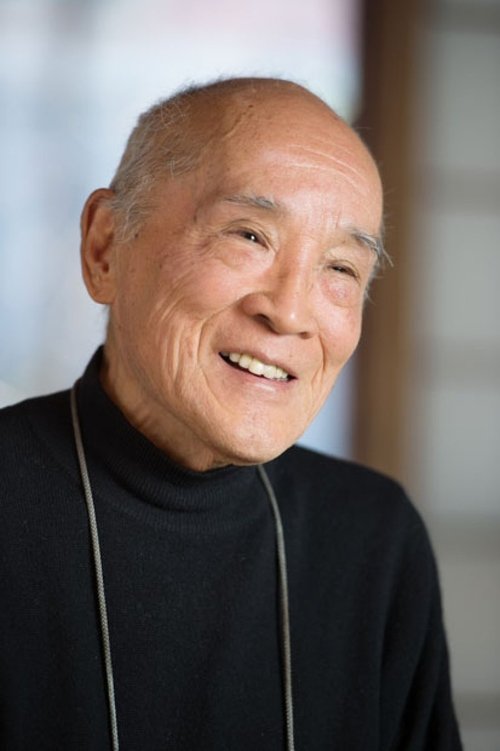
 A Japanese girl and a French...
A Japanese girl and a French...